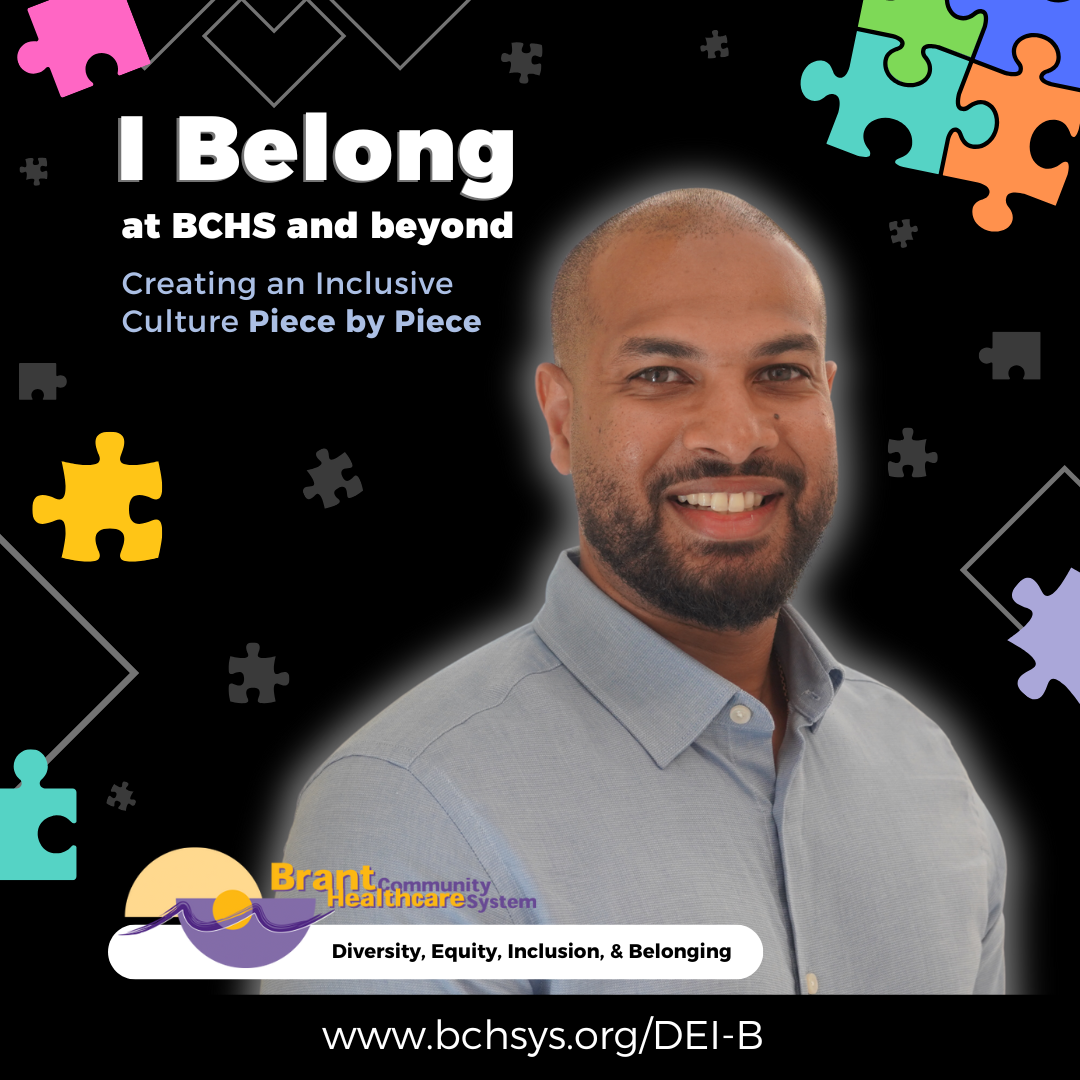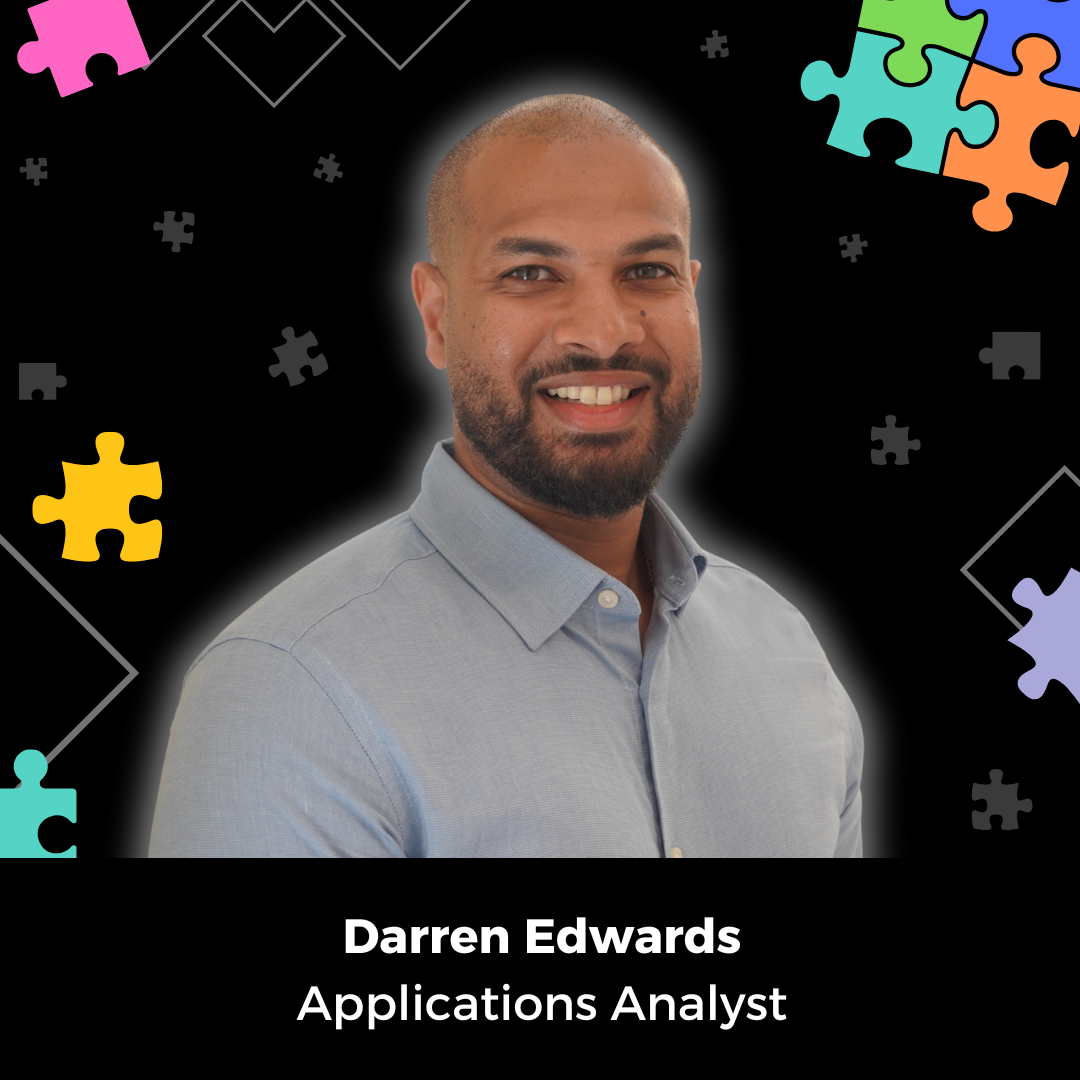Darren Edwards: Welcoming Voices Beyond Our Own

 Darren Edwards began his career as a nurse. In those early years, he worked closely with patients and responded to needs in real time, building trust moment by moment. For Darren, nursing was more than a job. It was a calling that shaped how he sees people and how he shows up in service.
Darren Edwards began his career as a nurse. In those early years, he worked closely with patients and responded to needs in real time, building trust moment by moment. For Darren, nursing was more than a job. It was a calling that shaped how he sees people and how he shows up in service.
“You learn how to read the room. You build relationships in seconds. You become a steady presence for people who are going through some of the hardest days of their lives,” he says.
Over time, Darren realized that his ability to care extended beyond the bedside. He started noticing the gaps in systems, the inconsistencies in data, and the ways digital tools could either support or complicate care. Today, Darren works in the Digital Health department at Brant Community Healthcare System (BCHS). His role supports clinical teams through systems and data, allowing him to find another way to contribute to healthcare.
“This is still patient care. It just looks different. I’m helping to make sure the right information is in the right hands at the right time,” he explains.
His nursing background gives him insight and deeper understanding of what it feels like to make decisions under pressure, and how crucial it is to have reliable, accessible tools. Despite his familiarity in the clinical and technical world, his experience and identity go beyond professional practice.
Intersecting His Professional and Personal Identities
Raised Catholic and now Christian, spirituality has always been one of his anchors, guiding how he approaches his work and relationships. “I start each day with a prayer,” he shares. “It’s how I prepare myself to move through the world with purpose.”
Darren’s identity as a Trinidadian and Black man is also central to how he experiences the world. He brings with him a strong sense of pride, faith, and family, shaped by his upbringing. “Growing up in my household taught me joy, discipline, faith, and how to carry myself with pride,” he says.
However, in professional spaces, especially in tech and digital health, being Black and racialized often means being the only one in the room. As the only racialized person on his team, his presence in the department is more than representation. It is a challenge to the idea that technical spaces are neutral because they’re not.
“Every space is shaped by culture, history, and who is allowed to participate,” he says. “I’ve felt genuinely welcomed here and it means a lot to feel supported and included, but I also recognize that this isn’t always the reality.”
Lack of representation can add a heightened pressure to be more careful of how much of himself to share, how he is perceived, and what assumptions people might carry when they see him.
“You are always thinking about how you carry yourself. Not because you want to hide, but because you are constantly managing how others might interpret you,” he shares.
For Darren, belonging isn’t about fitting in but rather being seen as a whole person. This requires systems that listen, adapt, and make room for different voices.
“Belonging isn’t about one moment, meeting, or milestone. It’s something that builds over time and is reflected by how you feel."
To others navigating similar spaces, Darren offers this:
“Protect who you are. You do not have to change your culture or your voice to succeed. But you do need to know where your energy is safe. Find the people and places that let you breathe.”
This feature is part of the “I Belong” campaign, where BCHS employees, professional staff, and volunteers are given the opportunity to share their personal stories, strengthening a culture of belonging that empowers each individual and deepens our collective mission to provide exceptional care. Together, we’re creating a more inclusive, connected, and empowered BCHS.





